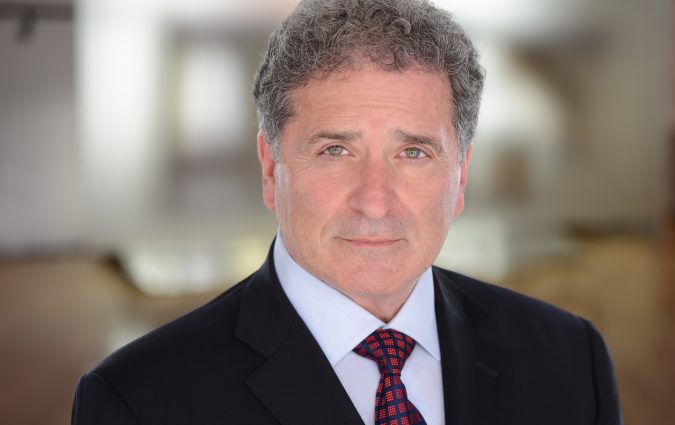Sports Hernia Treatment in NYC

Dr. Mark Reiner is highly experienced at treating athletes with sports hernias (athletic pubalgia). If you’re suffering from groin pain or tenderness, schedule a consultation with our NYC sports hernia specialist for diagnosis and treatment. Although conservative treatments will be tried first, minimally invasive sports hernia surgery may be necessary if the condition is severe. Dr. Reiner is a leader in minimally invasive hernia repair and has performed thousands of successful hernia operations.
What is a sports hernia?
A sports hernia, also known as athletic pubalgia, is commonly seen in professional or highly-competitive non-professional athletes, such as hockey or football players. An athletic hernia can occur after long-term stress is put on the body due to the movements involved in the sport. These types of hernias can cause pain in the groin or other portions of the hip and leg. Sometimes, sports hernias can be managed with non-surgical treatment options, however, surgical intervention may be warranted when the condition is severe.
What causes a sports hernia?
A sports hernia is caused by repetitive twisting at high speeds, which is common in competitive sports such as soccer, tennis, hockey, and baseball. The repeated twisting, or torsion of the upper body against the lower body at the level of the groin and waist causes an injury in the inguinal (or inner groin) area, which can lead to athletic pubalgia.
What are the symptoms of a sports hernia?
Signs and symptoms of a sports hernia that may warrant a visit to your doctor or a hernia specialist, such as Dr. Mark Reiner, include the following:
- Groin pain that is severe and sudden
- Pain when twisting or moving abdomen
- Pain that goes away and returns during physical activity
- Tenderness in upper thigh or lower abdomen
- Pain that is felt in one side of the groin
What are the risk factors for a sports hernia?
Women and men both have the potential for developing a sports hernia, which can occur at any age. Sports hernias usually onset after playing high-speed sports, which involves twisting or changing directions at high speeds. Sports that are typically associated with athletic pubalgia include soccer, hockey, and tennis.
How is a sports hernia diagnosed?
A sports hernia is generally diagnosed using a physical exam as well as an assessment of your medical history and physical activity level. It is important for your doctor to understand when the pain began, your symptoms, and the level of pain you are experiencing.
Additionally, a physical exam can help your doctor feel whether a sports hernia is present by feeling or observing a bulge in the abdomen or groin area. During a physical exam, your doctor may ask you to perform simple movements to better understand your pain level and other physical symptoms.
Usually, a hernia is detectable using only a physical exam and patient history assessment, however, sometimes it is necessary to use diagnostic imaging as well. An MRI allows your doctor to see the muscles and tissues in the groin area and see if this defect is present.
How is a sports hernia treated?
Sports hernias are sometimes treated using conservative, non-surgical treatment options, such as:
- Rest
- Anti-inflammatory medications
- Steroid / PRP injections
- Physical therapy
However, your physician may recommend a minimally invasive surgical procedure if the condition is severe or worsens over time. The following sports hernia surgical procedures can be performed by Dr. Reiner when necessary:
- Laparoscopic sports hernia repair
- Open sports hernia repair
- Concurrent laparoscopic & open sports hernia repair
Watch Dr. Reiner’s Video Explaining Sports Hernias
If you are suffering from a sports hernia, the first step to improving your health and getting back to your regular pain-free life is to schedule a consultation with a sports hernia specialist. Dr. Mark Reiner is a top surgeon in the field of minimally invasive hernia repair, and has performed thousands of successful hernia operations. Contact Dr. Reiner today by calling 212.879.6677 or filling out the form on this page.

